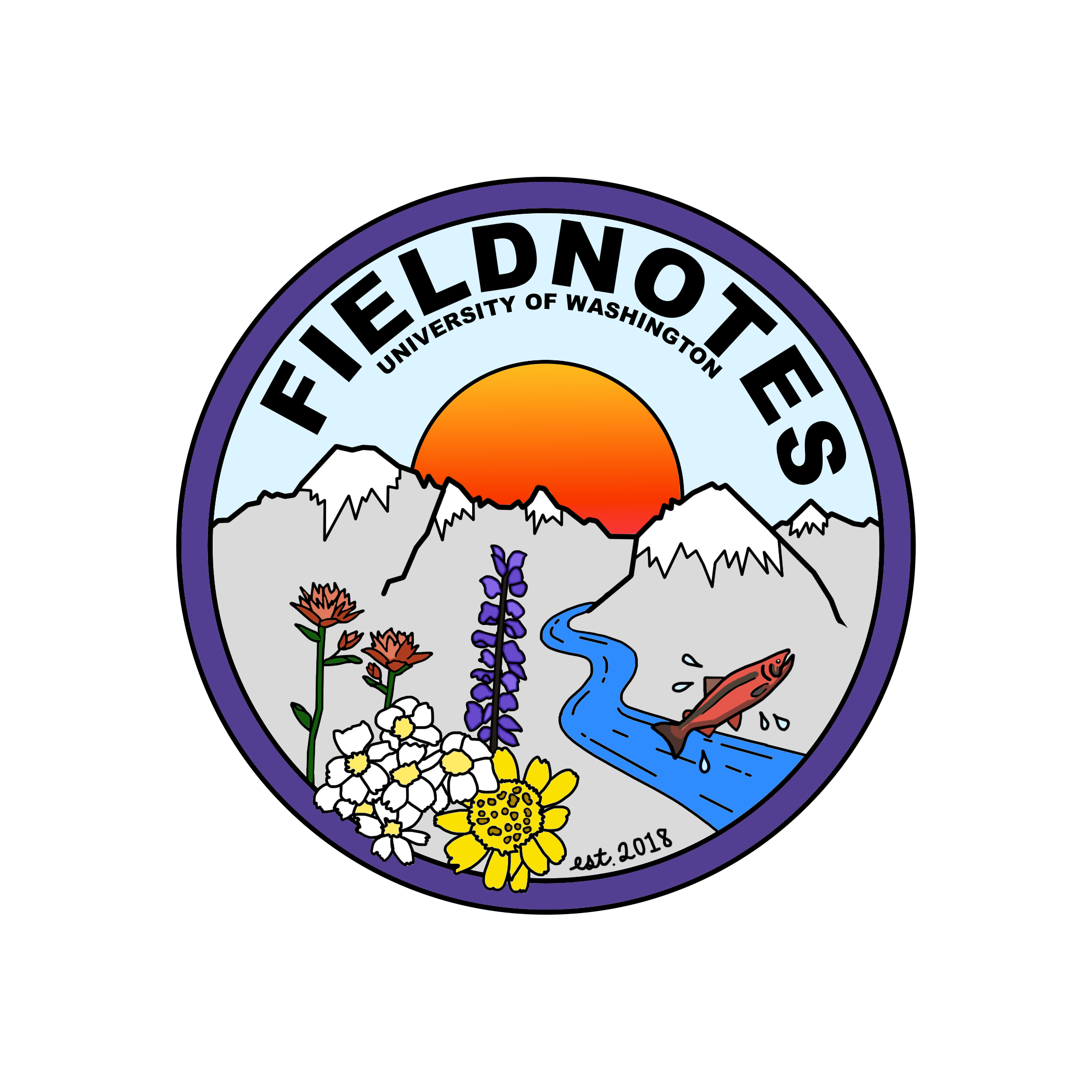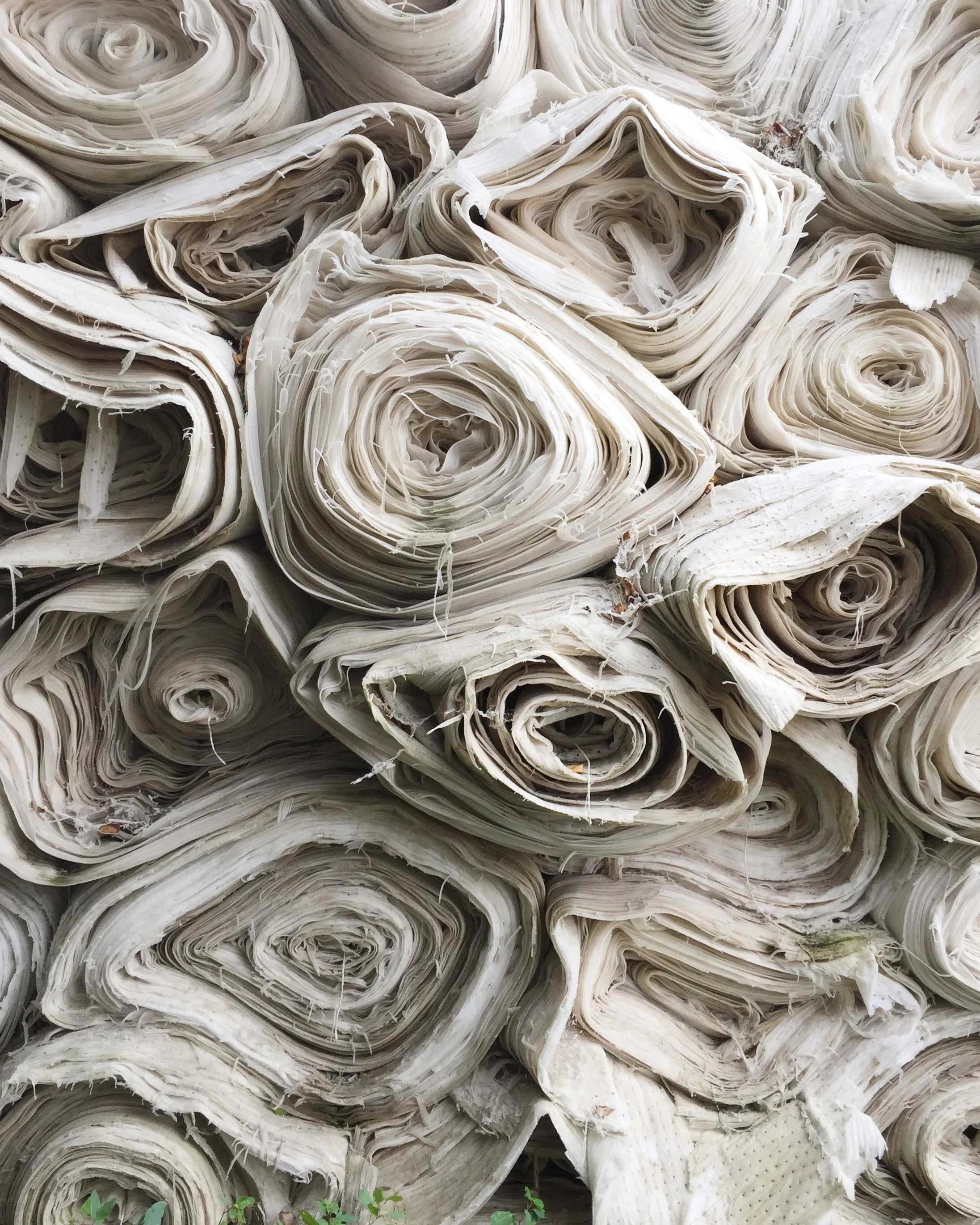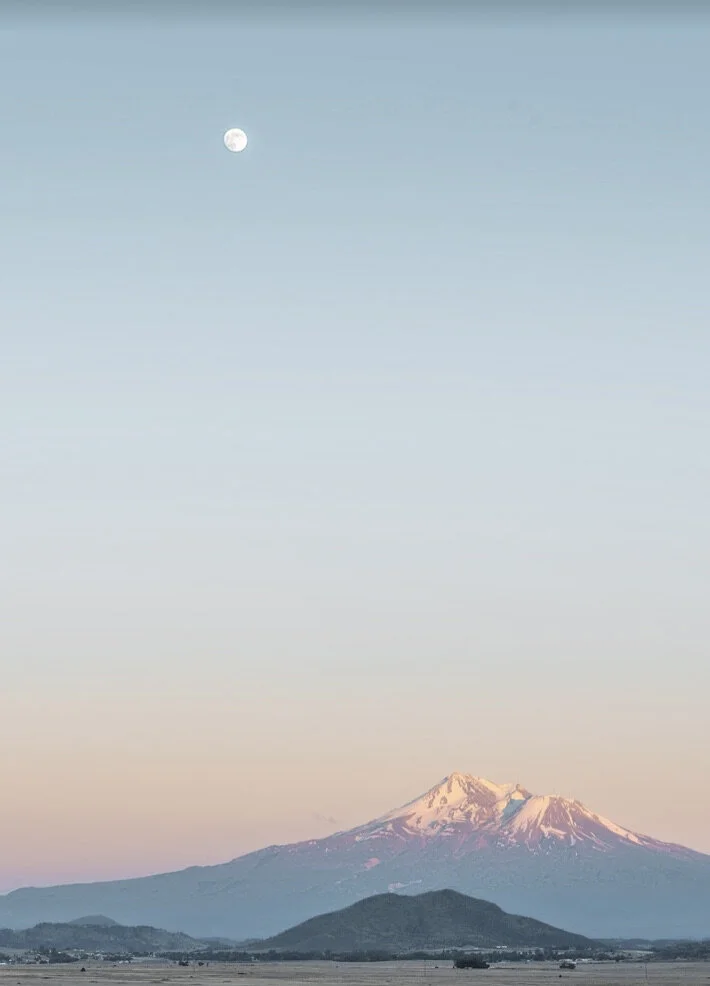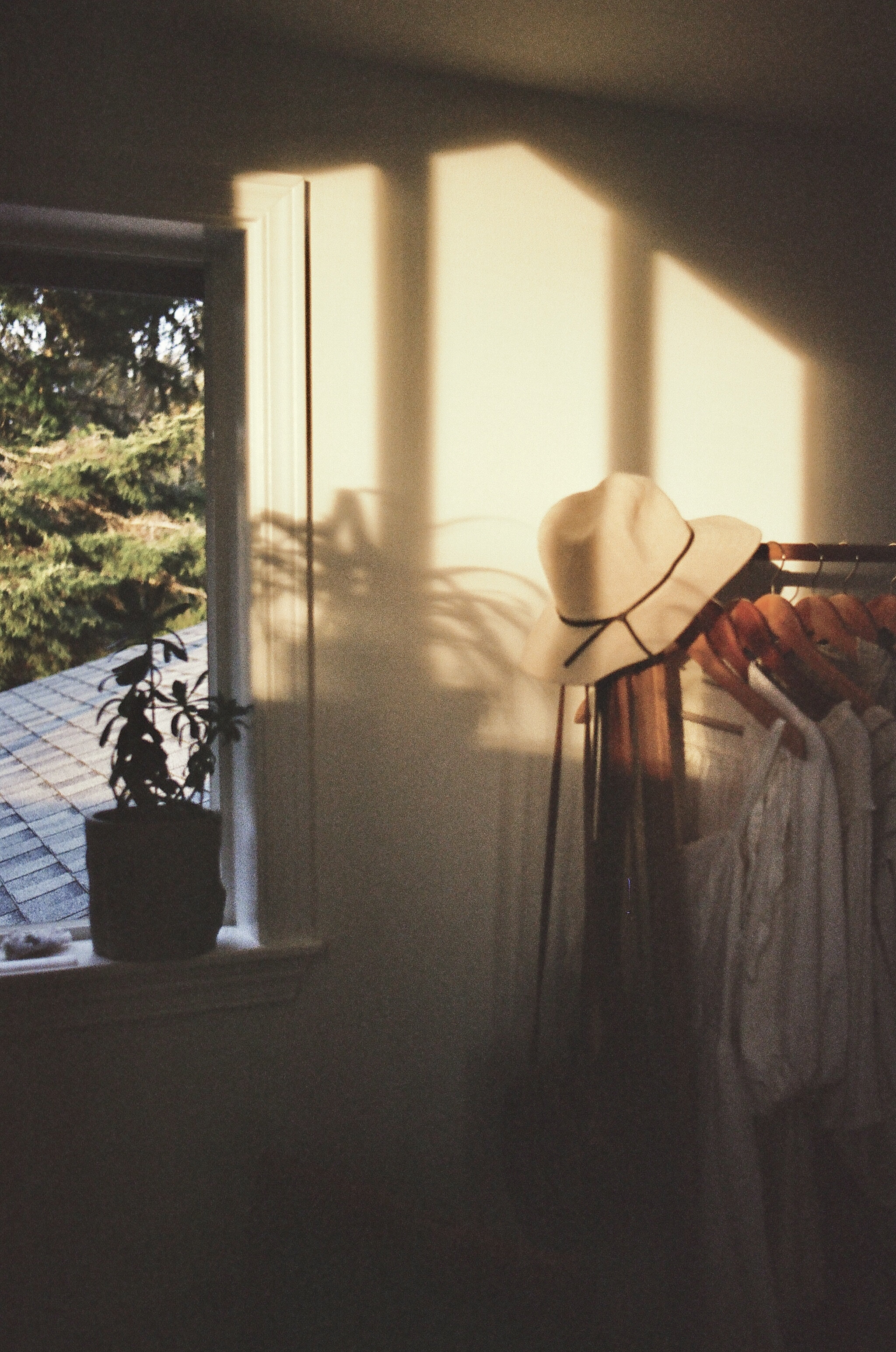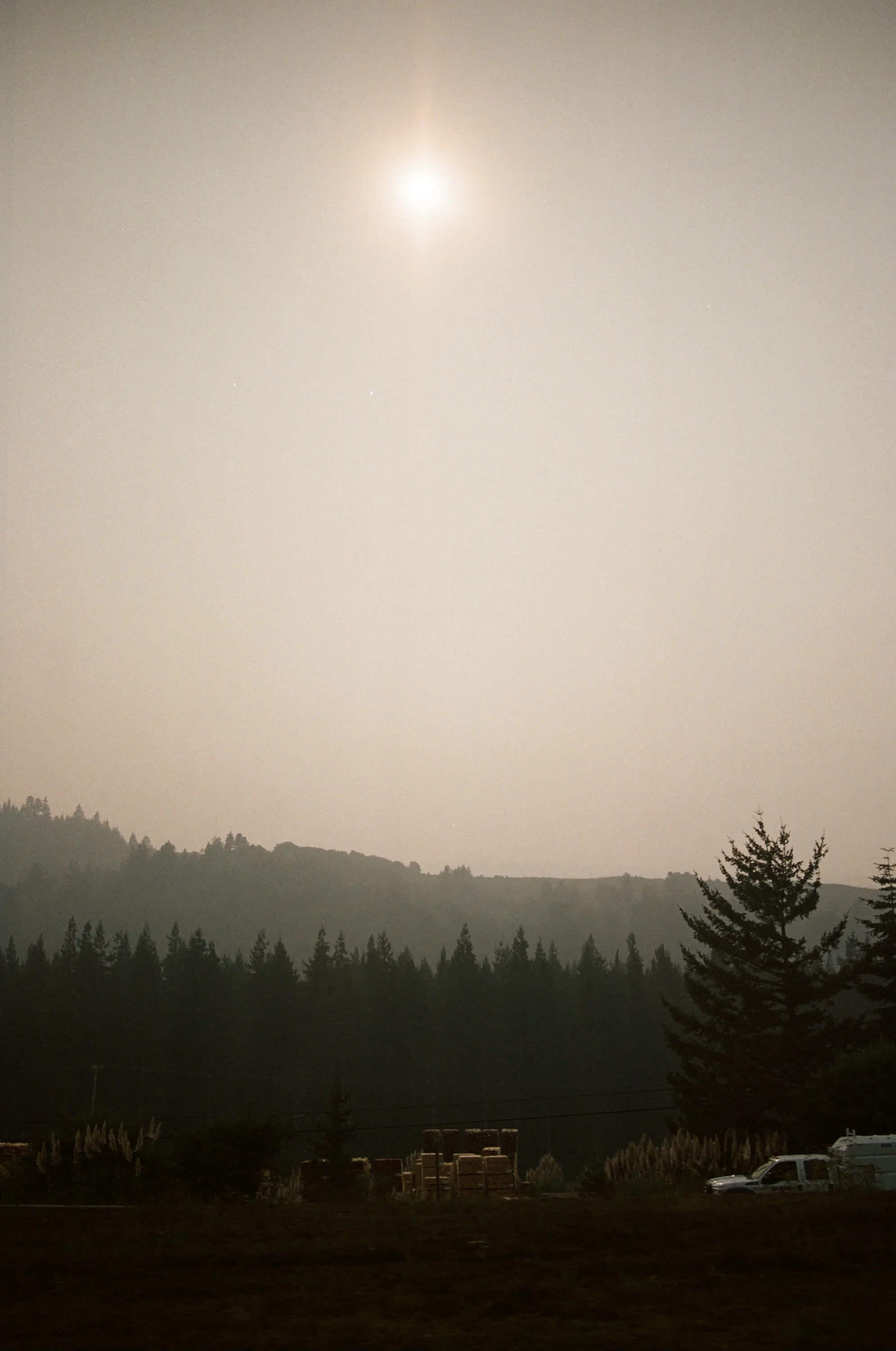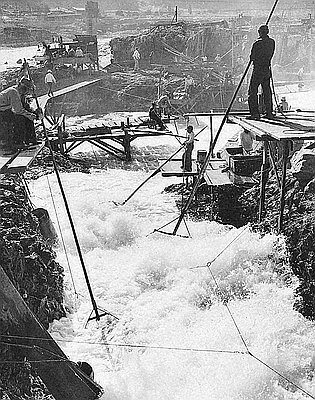Maintaining a grass lawn wastes water, reduces biodiversity, and harms the environment. To combat climate change, we should replace them with gardens suited to our local ecosystems.
Read MoreScientists from around the world took to the streets this spring as part of the Scientist Rebellion. In light of rising temperatures and other consequences of climate change, find out why these professionals are risking everything in their fight for our future.
Read MoreThe concept of a sustainable future usually involves the idea of ensuring we keep this planet livable, however what about the people who live here? How do we balance this need to be green and ethical when it comes to sustainable companies?
Read MoreIn reconstructing all aspects of the natural landscape, the foundation of Seattle’s built environment, the streets, buildings, bridges, and urban infrastructure, reflects a western worldview where there is a distinct separation between humans and nature.
Have you considered investing as a way to help the environment? Environmental, Social, and Government-based investing generates a return for both you and the environment.
Read MoreThe difference between a species and a subspecies is not as defined as one may think. What happens when one becomes the other?
Read MoreSouthern Resident Orcas’ numbers have decreased in the past decades, and our local species was officially declared endangered in 2005. This year, two pregnant orcas from the J Pod could help to sustain the population. Here are the steps are being taken to ensure a safe pregnancy:
Are farming oysters the key to solving issues like carbon sequestration and climate-conscious protein production?
Friday Harbor Labs provides students with a unique opportunity to get their hands dirty and escape the classroom by conducting their own marine experiments and field research.
Read MoreGiant kelp is one of the fastest growing organisms on Earth. This photosynthetic protist has the potential to sequester hundreds of millions of tons of carbon dioxide per year. Could it be our secret weapon to combating climate change and slowing ocean acidification?
Read MoreAnimal agriculture is a significant source of greenhouse gas emissions that consumers opt in to supporting. But should we continue to do so?
Read MoreShould be be so afraid of wasps? These creatures, even when they clash with humans, still play a vital role as part of regional and global ecosystems.
Read MoreSlogans like “save the bees” can lead to misconceptions, driving resources away from where they’re needed most. You can help native pollinators through simple actions like planting native flowers in your garden and avoiding the use of pesticides. Saving bees is a great goal, so aim your efforts in the right direction!
Read MoreBottled water companies don’t just consume massive amounts of energy to produce plastic bottles filled with the equivalent of tap water. They’re also taking water from California communities threatened by drought and changing climate.
Read MoreIt doesn't have to be like this. Climate policy that takes into account the delicate balance of emissions, the human factors between developed and developing countries, and the long-term results of energy use should be possible.
Read MoreWith few regulations on buzzwords like green, sustainably sourced, or even recycled, clothing companies rely on advertising and design known as green washington in the absence of transparency about supply chains, manufacturing, and disposal.
Read MoreLast spring, few could have predicted the West Coast's extreme wildfire season. Models from the Climate Prediction Center suggest this year could be much worse.
Read MoreOn March 10, 1957, the gates of The Dalles Dam opened on the Columbia River, burying Celilo Falls. More than sixty years later, the local community is still grappling with economic and cultural loss, and they’re not alone.
Read MoreThe way our clothes are designed is unsustainable. New ideas are on the horizon, including the use of diverse fibers, circular business models, and recyclable materials. Where do we go from here?
Read MoreIdentification apps exist for those curious about backyard plants, unfamiliar insects, rocks and more, using artificial intelligence and vast libraries of research. What impact can they have?
Read More